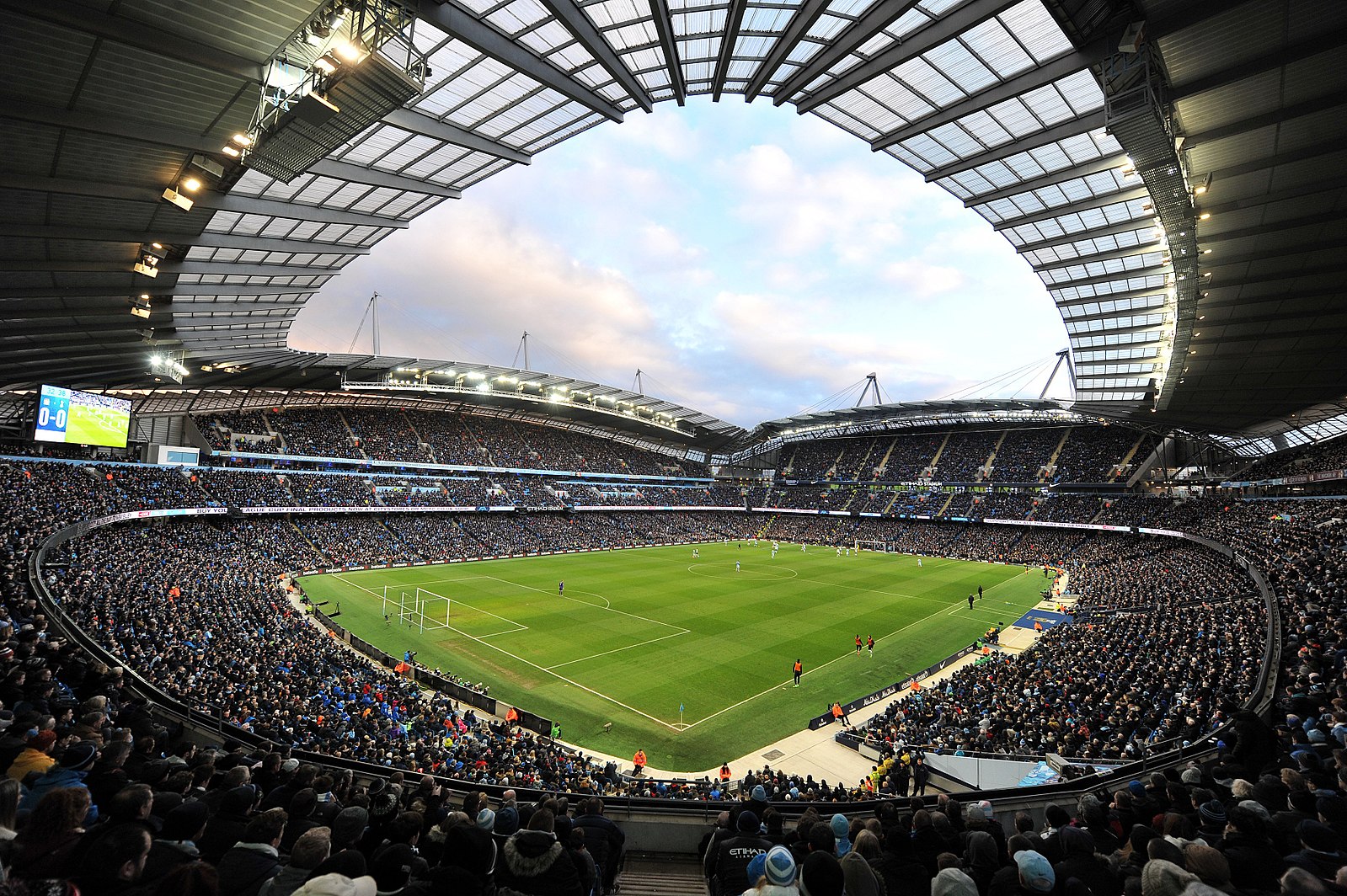Manchester City won a crucial match against Premier League leaders Arsenal 3-1 on Feb.15, but the English soccer club faces an even more important contest off the field. The Premier League, England’s first division soccer league, released a statement on Feb. 6 accusing Manchester City of violating a slew of financial rules, setting the stage for a showdown between the most popular soccer league in the world and its most successful club of the past decade.
The statement alleges that Manchester City broke many financial fair-play rules from 2009 until the present day, and further alleged that Manchester City cooked the books and lied about it. The Premier League’s financial rules are designed to ensure that clubs cannot spend more than they earn, preventing rich owners from pumping massive amounts of money into their clubs to essentially buy success for them.
Manchester City’s alleged financial infractions began in 2009 after City Football Group, led by Sheikh Mansour bin Zayed al Nahyan, bought the club. Bin Zayed al Nahyan is a member of Abu Dhabi’s royal family and has an estimated net worth of 20 billion dollars, making him the second richest club owner in the world.
Since the 2008 takeover, Manchester City has spent far more than any other club in the world—around 1.53 billion dollars—to buy new players. High profile transfers include Belgian midfielder Kevin de Bruyne, Portuguese defender Ruben Dias, and Norwegian forward Erling Haaland. All three are key players in the current Manchester City team, and all three had transfer fees over 50 million dollars.
The increased spending has been effective; since 2008, Manchester City has won the Premier League six times, more than any other team. In this case, money has clearly bought wins, but this spending has also brought controversy and scandal. European soccer’s governing body, UEFA, banned Manchester City from the Champions League, Europe’s premier tournament, in 2020. Although an appeals court overturned the ban, it did not clear Manchester City of all wrongdoing, and fined the club for not cooperating with the investigation as well.
Despite the potential negative consequences, rich owners have taken over clubs across Europe and spent big: a Saudi Arabian-financed investment group owns English club Newcastle United; Qatar Sports Investments owns French club Paris Saint-Germain; and Red Bull, the beverage company, owns German club RB Leipzig. All of these teams have spent far more–and become far more successful–since their takeovers.
All signs indicate that this trend will continue as long as it continues to be successful. Letting Manchester City off the hook with only a slap on the wrist would encourage other clubs to spend without regard for financial rules. From the Premier League’s perspective, the allegations raise questions about the league’s credibility. Manchester City is a six-time champion, but credible allegations of cheating would tarnish those results and hurt global perceptions of the Premier League. However, if they wanted to avoid this, the Premier League could make an example out of Manchester City. The league has referred the case to an independent commission that will make a final judgment on the case. They will recommend punishment ranging from fines to a point deduction or even expulsion from the league. A point deduction would mean that the Premier League would take away points from Manchester City’s season tally, putting the club lower in the standings. A strict punishment, like this or expulsion, would warn rich owners to think twice before pouring money into soccer clubs, and would also prove to the world that financial fair-play regulations are effective deterrents against fraud in soccer.




